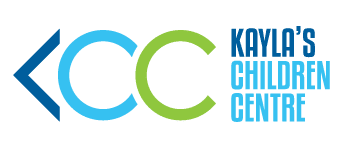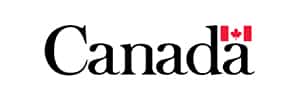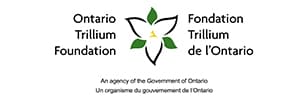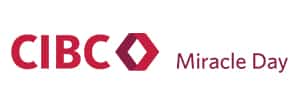
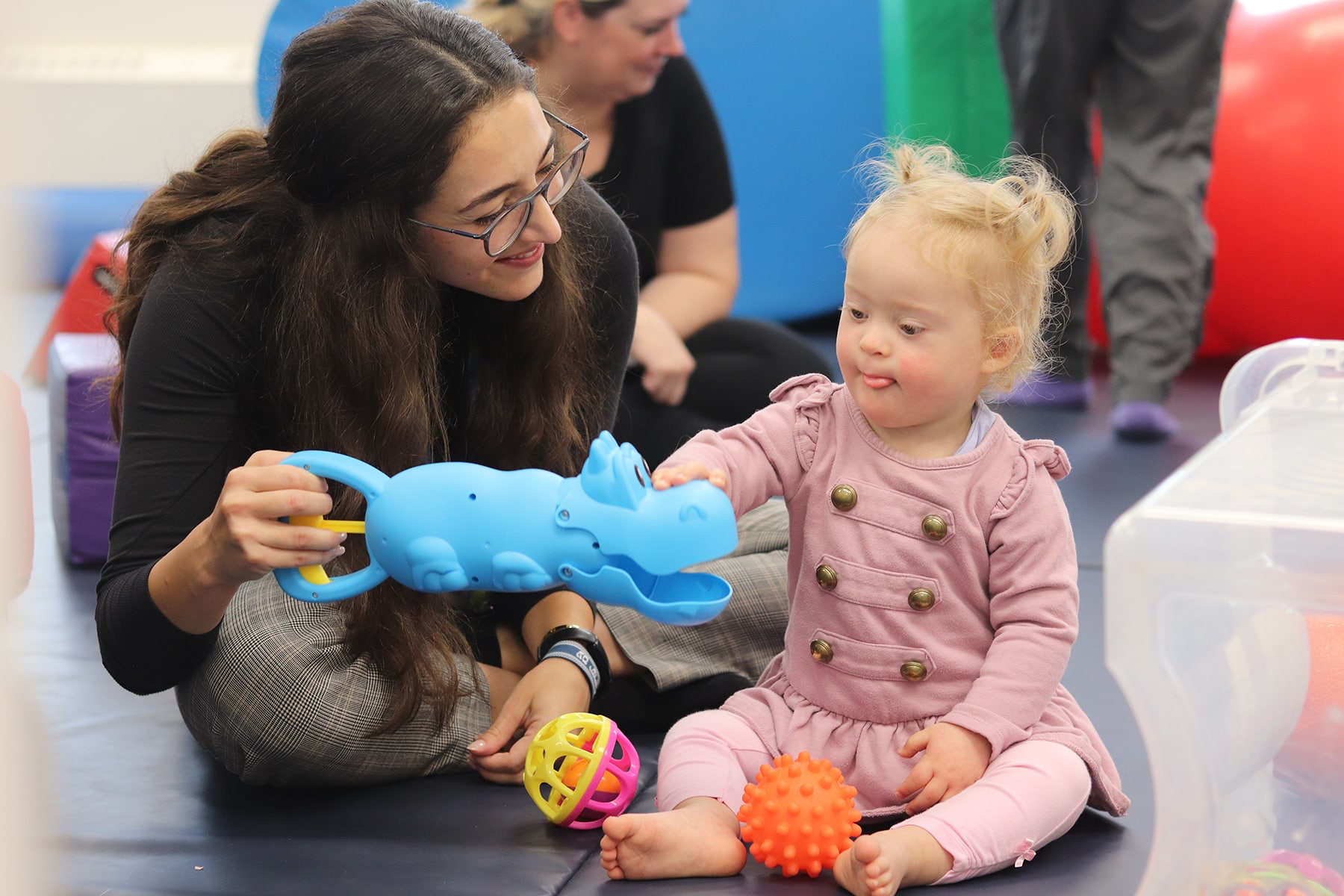
What does a Speech-Language Pathologist do?
A Speech-Language Pathologist assesses communication difficulties and speech/language disorders and provides treatment and consultation for children and their families. By 12–18 months, typically developing children are able to:
- Babble with a variety of consonant sounds
- Use a number of words consistently, even if not clear
- Follow simple instructions
- Use common gestures, such as waving, pointing (to body parts, simple pictures in a book), clapping
- Enjoy a variety of play activities (such as feeding a doll, etc)
- Enjoy being read to and sharing simple books
Why might my child need to see a Speech-Language Pathologist?
Your child may need to see a Speech-Language Pathologist for an assessment if the above skills are not evident by 12–18 months of age.
In addition to the early skills mentioned above, children see a Speech-Language Pathologist at different ages for a variety of reasons including:
- Limited repertoire of sounds and words
- Limited vocabulary
- Difficulty being understood by others
- Demonstrating disfluent speech (stuttering)
- Difficulty following multi-step instructions
- Challenges with language skills (expressing themselves and/or understanding what others are saying)
- Difficulty with social interactions (taking other people’s perspective, following social rules, understanding non-verbal communication etc.)
What techniques do we employ?
Our Speech-Language Pathologists are trained in the use of a variety of techniques to help target children’s overall communication and speech/language skills.
In addition, some of our therapists are certified in the following:
- Prompts for Restructuring Oral Muscular Phonetic Targets (PROMPT)
- Motor Speech 201
- Picture Exchange Communication System (PECS)
- Early Start Denver Model (ESDM)
- Augmentative and Alternative Communication (AAC)
- Language Acquisition through Motor Planning (LAMP)
- More Than Words, It Takes Two To Talk, Learning Language And Loving It, and Talkability (Hanen)
- Fluency 101
Kayla’s Children Centre
Our therapists are always available to discuss which treatment plan is the best fit for your child’s needs.
